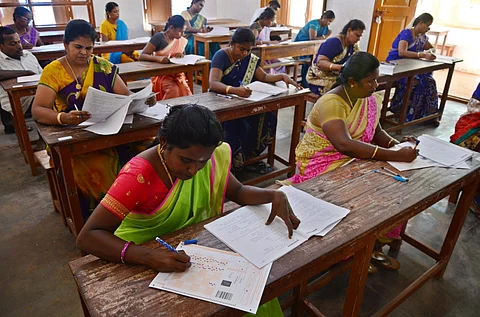

The Orissa High Court has stated that large-scale appointment of ad-hoc lecturers on a regular basis stands contrary to the goal of quality education. This statement came even as the court added that it will not interfere in these appointments as it is based on the policy of the respective institution, according to a report by The New Indian Express.
Justice Panigrahi of the Orissa High Court was hearing a petition by a guest lecturer at Khallikote Unitary University challenging his removal from the post after four years at the varsity, only to be replaced by another temporary lecturer. The court was of the opinion that there cannot be any absolute rule or principle that one ad-hoc or temporary appointee can never be replaced by another ad hoc or temporary appointee. "It is the prerogative of the institution to allow him to continue or discontinue on the basis of their performance, conduct, etc as it is not a regular post. The so-called equity arising out of the temporary employment and seeking continuation, per se does not sustain, as the court should be precluded from issuing any order of continuation," said Justice Panigrahi.
While noting that a guest lecturer offering incompetent service can be replaced with another guest lecturer whose work the institution deems competent, the court took an objection to the practice of appointing guest lecturers in the place of permanent appointments. Justice Panigrahi pointed out that ad-hoc appointments are usually made and dismissed on the whims and fancies of the Vice-Chancellors or Principals of the institutions. This would mean that the guest lecturers would not be able to work with a free mind, and would rather worry about the very real possibility of an abrupt termination of their appointment. "The appointment of Guest Lecturers on a large scale without the regular appointment of teachers is likely to make a huge dent in the quality of the teaching and hugely hamper the interests of the students. This Court believes that students of Odisha deserve good teachers and quality education. Undeniably, the adhocism cracks in the myth of a better and quality education," the judge observed.
Further elaborating on the working conditions of ad-hoc lecturers, Justice Panigrahi said, "On the other hand, these ad-hoc teachers are unnecessarily subjected to arbitrary 'hiring and firing' policy. Most of the ad-hoc teachers are educated unemployed and they are compelled to accept these jobs with miserably low pay and on pathetic service conditions."
